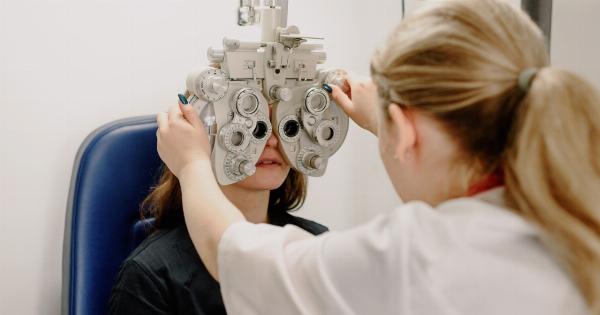Smoking is a habit that can lead to chronic diseases and even death. However, quitting smoking before the age of 35 can help individuals repair the damage caused by smoking and reclaim their health.
Smoking and its harmful effects on health
Smoking is a leading cause of preventable death worldwide. Smoking affects almost every organ in the body and weakens the immune system, making it easier for diseases to attack. Smoking causes various health problems such as:.
- Heart disease
- Lung cancer and other respiratory diseases
- Stroke
- Diabetes
- Dental problems
Smoking also affects mental health and can lead to depression, anxiety, and other mental health disorders.
The effects of quitting before 35
Quitting smoking at any age is difficult, but quitting before the age of 35 can bring significant health benefits. As soon as a person quits smoking, the body begins to repair the damage caused by smoking.
The health benefits of quitting smoking before 35 include:.
- Lower risk of heart disease and stroke
- Reduced risk of lung cancer and other respiratory diseases
- Improved lung function
- Better dental health
- Reduced risk of developing type 2 diabetes
- Improved mental health
Quitting smoking before the age of 35 can also increase life expectancy. Studies show that individuals who quit smoking before 35 can add 8-10 years to their life expectancy compared to those who continue smoking.
The long-term benefits of quitting smoking
The benefits of quitting smoking at a young age don’t end there. Not only does quitting smoking improve physical health, but it can also improve mental health and overall quality of life. Some of the long-term benefits of quitting smoking include:.
- Reduced risk of cancer
- Reduced risk of respiratory illnesses such as chronic bronchitis and emphysema
- Improved skin appearance
- Better sense of taste and smell
- Improved fertility and sexual function
- Reduced risk of premature aging
How to quit smoking
Quitting smoking is challenging, but it is possible. There are many strategies that can help individuals quit smoking successfully:.
- Nicotine replacement therapy – this involves using nicotine replacement products such as gum, patches, or lozenges to help reduce nicotine cravings
- Medication – there are prescription medications that can help reduce nicotine cravings, such as bupropion and varenicline
- Behavioral therapy – this involves attending counseling sessions to learn coping strategies and develop new habits
- Support groups – joining a support group can provide individuals with the necessary support and motivation to quit smoking
It is essential to choose a method that works best for you and stick to it. Quitting smoking can take time, and it is normal to experience withdrawal symptoms such as irritability, anxiety, and cravings.
However, with the right support and resources, quitting smoking is achievable.
Conclusion
Quitting smoking before the age of 35 can help individuals reclaim their health and improve their quality of life.
The health benefits of quitting smoking are numerous and range from lower risk of heart disease and stroke to improved lung function and mental health. There are many methods available to help individuals quit smoking, and it is essential to choose a strategy that works best for you.





























